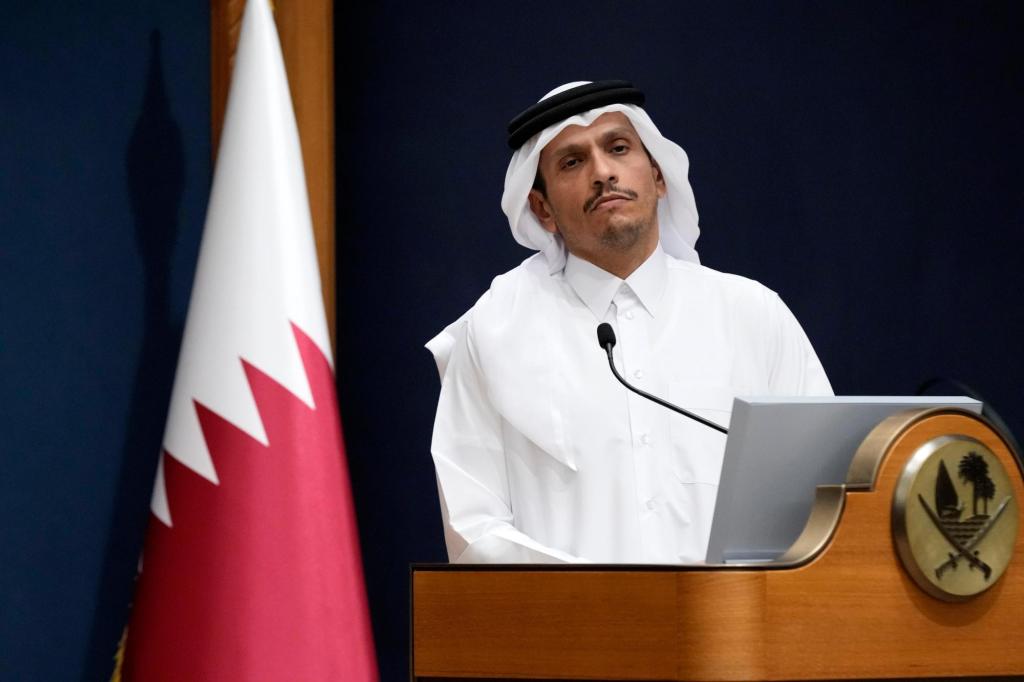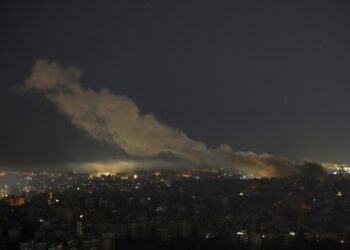By ISABEL DEBRE
JERUSALEM — The deal seemed on the verge of unraveling. Hamas had accused Israel of failing to keep its side of the bargain and Israel was threatening to resume its lethal onslaught on the Gaza Strip.
That was the point at which a Qatari jet landed at Israel’s Ben-Gurion International Airport on Saturday. Negotiators aboard set to work, seeking to save the cease-fire deal between Israel and Gaza’s Hamas rulers before it fell apart and scuttled weeks of high-stakes diplomatic wrangling.
The first public visit by Qatari officials to Israel marked an extraordinary moment for the two countries, which have no official diplomatic relations. It also underscored the major role of the tiny emirate in bridging differences between the enemies.
“This is something we’ve never seen before,” Yoel Guzansky, a senior fellow at the Institute for National Security Studies in Tel Aviv, said of the Qataris’ stay in Israel. “It’s the only external actor in the world with that much leverage on Hamas, because of its many years of support.”
The weekend mission was successful, and most of the team jetted home. But several Qatari mediators stayed behind to work with Israeli intelligence officials on extending the four-day truce, which was set to end Tuesday morning, according to a diplomat briefed on the visit who spoke on condition of anonymity because of the sensitivity.
Those efforts apparently paid off, as Qatar’s Foreign Ministry announced Israel and Hamas have agreed to extend their cease-fire for two more days past Monday, raising the prospects of a longer halt to the war.
With its close ties to the United States — it hosts the largest American military base between Europe and Japan — its communication with Israel since 1995 and its support of blockaded Gaza to the tune of what estimates suggest is more than $1 billion since 2014, Qatar is uniquely positioned to break deadlocks in the cease-fire talks, which also involve the U.S. and…
Read the full article here







